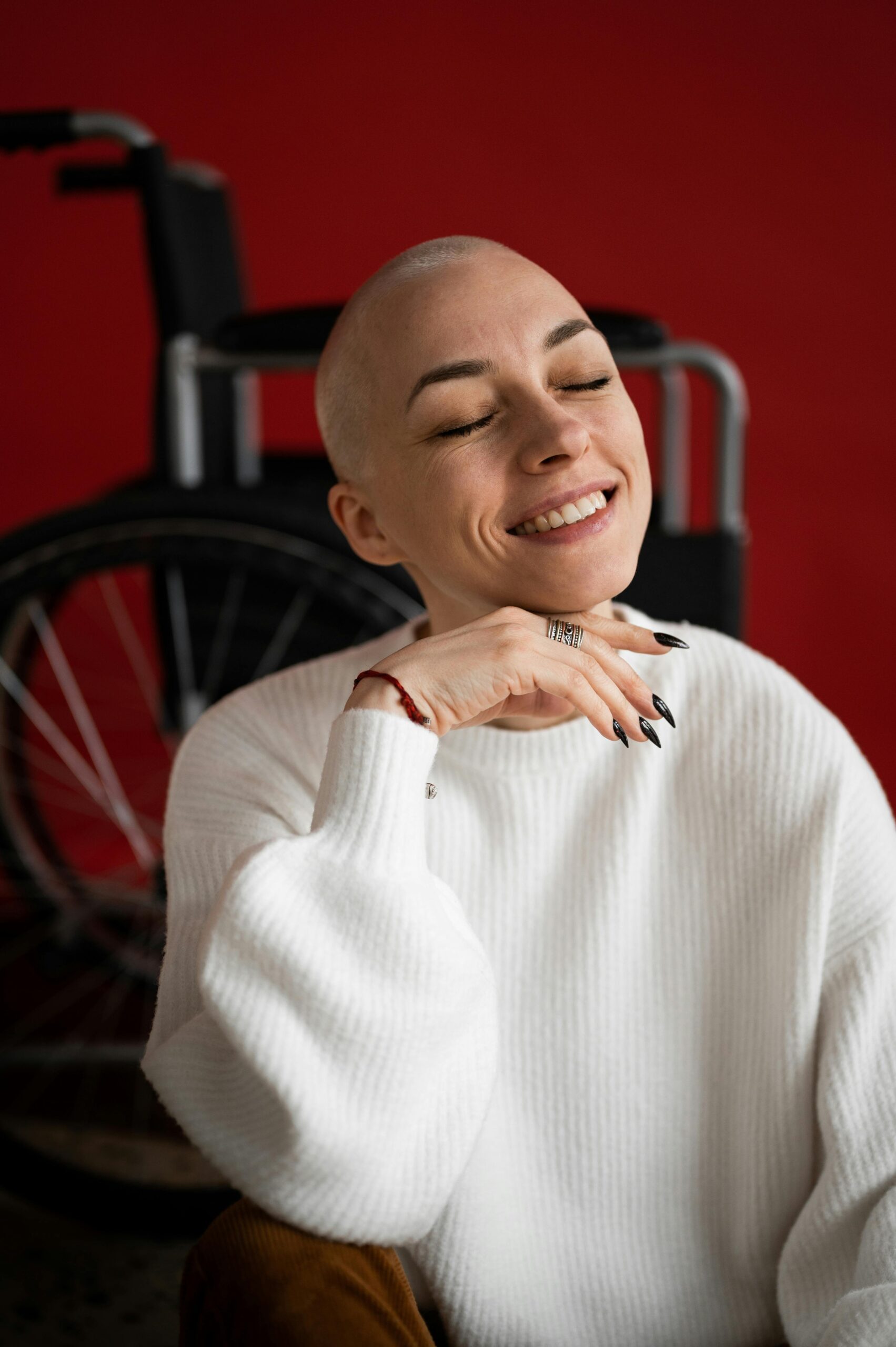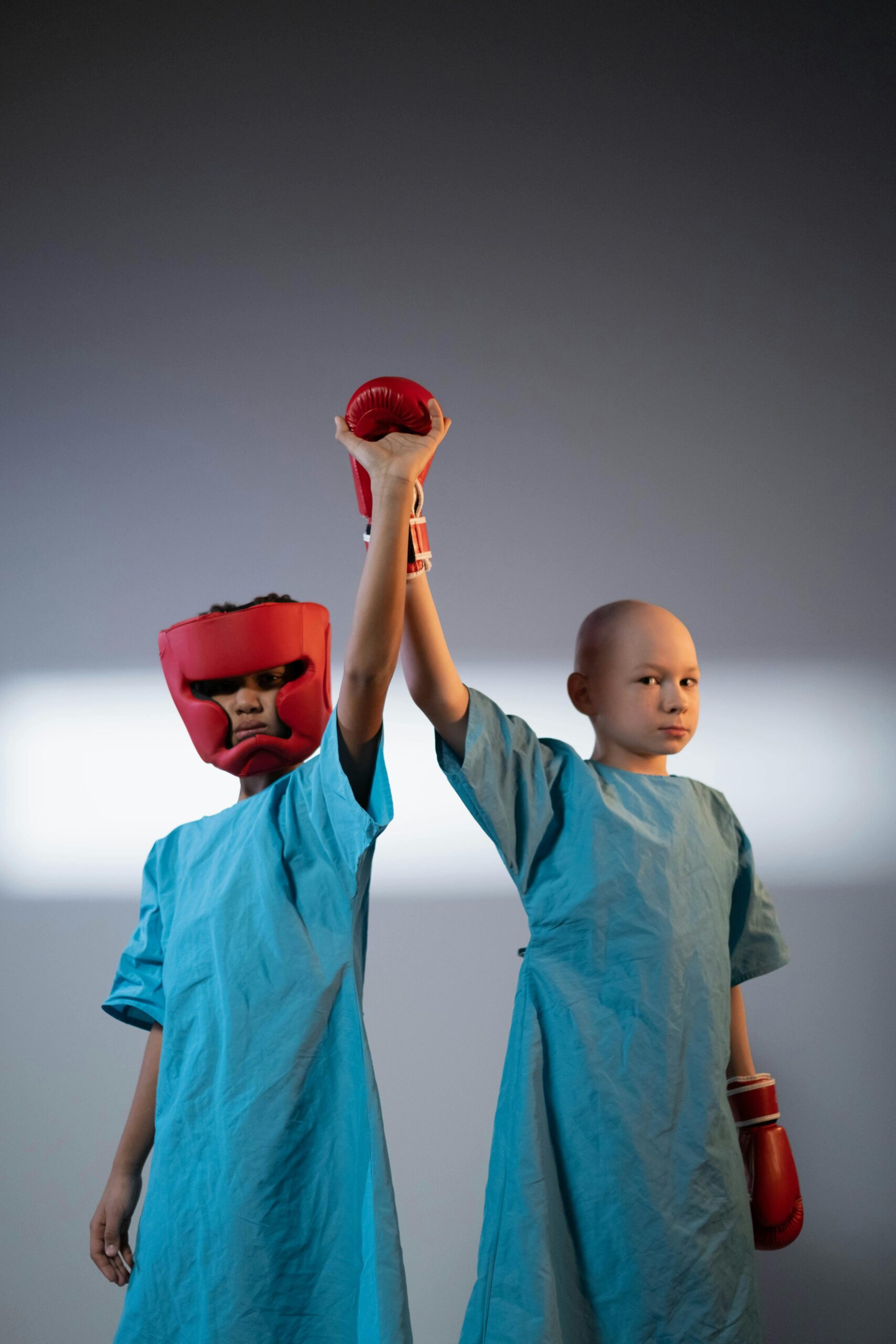Tag: cancer survivor
-

The Psychological Impact of a Breast Cancer Diagnosis: Understanding and Support
Receiving a breast cancer diagnosis is often one of the most distressing events a woman can face. The initial shock of the diagnosis is just the beginning, as the ensuing emotional and psychological turmoil can be profound and long-lasting. The Emotional Journey Post-Diagnosis The journey through breast cancer treatment is fraught with challenges. Women may…
-

Improving Your Mental Health After Cancer Treatment
Recovering from cancer treatment involves not only physical healing but also addressing your mental and emotional well-being. Here are some practical steps to help you enhance your mental health post-treatment: Open Communication Manageable Goals Professional Guidance Support Networks Key Considerations Post-Treatment Moving Forward Common Concerns and Feelings After Cancer Treatment Physical Changes Cognitive Challenges Social…
-

Enhancing Physical Health through Exercise During Cancer Treatment: The CARER Approach
Exercise plays a pivotal role in cancer treatment, offering profound benefits for both physical and mental well-being throughout every stage of the journey. At CARER, our experience underscores the transformative impact of physical activity on the health of cancer patients during and after treatment. Research increasingly demonstrates that regular exercise can significantly enhance cardiovascular fitness,…
-

Embracing Physical Changes and Overcoming Fear of Relapse During Cancer Recovery
Your body image undergoes transformations during cancer treatment, influencing how you perceive yourself. Coping with these changes becomes an integral part of navigating through the cancer journey. Common alterations to the body during cancer treatment include weight fluctuations, hair loss, surgical scars, and pain or swelling. Despite these changes, which may evoke feelings of self-consciousness…
-

Understanding Cancer in Young Adults: Challenges and Considerations
Cancer is often associated with older age, but young adults, aged 20 to 39, can also face this formidable disease. While less common in this age group, a diverse range of cancer types can occur, presenting unique challenges in diagnosis and treatment. Unlike cancers in children or older adults, the most prevalent types in young…
-

Navigating Cancer Treatment: Strategies for mental and emotional resilience
Navigating cancer treatment can be overwhelming, both physically and emotionally. From understanding your diagnosis to managing treatment side effects, it’s essential to prioritize your well-being throughout the journey. Here are some important considerations and strategies to help you stay mentally and emotionally resilient during treatment: Understanding Your Diagnosis: Knowing Your Side Effects and Reaching Out…
-

Reducing Cancer Risk Through Lifestyle Habits
Despite remarkable advancements in treatment, cancer continues to rank among the top causes of death worldwide. However, the World Health Organization (WHO) asserts that a significant portion of cancer cases—estimated at 30–50%—can be prevented by steering clear of risk factors and embracing evidence-based prevention strategies. Among these strategies are the 2012 American Cancer Society Guidelines…
-

Lifestyle Habits to Reduce the Risk of Cancer
In recent years, research has shown that various dietary and lifestyle patterns are associated with health risks, and it’s becoming more and more evident that an integrated diet and lifestyle pattern of a healthy, balanced diet, adequate physical activity and maintenance of a healthy weight will have a significant impact on reducing cancer risk.

